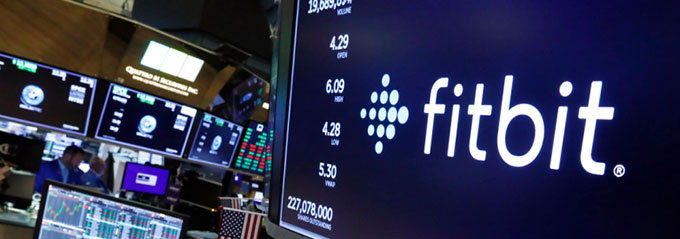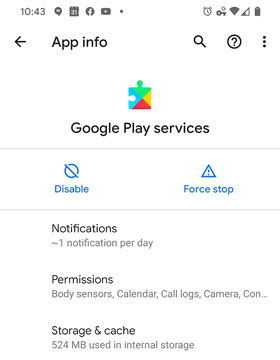A month ago their were reports of a project called Google Loon that promises to deliver broadband internet access and other wireless services to users via hot air balloons. This project says its to help service under served or emergency prone areas with connections that otherwise don’t exist.
Most recently the Wall Street Journal has reported that Google plans to spend between $1 and $3 billion dollars to create 180 small high capacity satellites that will extend internet access globally. This follows Google’s recent acquisition of Titan Aerospace, a drone maker that can deliver solar powered drones with a very long life span. These solar drones can stay in the air for up to 5 years at a time. Greg Wyler a satellite communications expert who is lead of the Google Loon project has a team of about 20 others to get this off the ground.
 There isn’t much out there talking about what this means for consumers but the broadband service that it talks about mentions around 1Gbps which is something that most of the world would love to see available. Only time will tell if this will benefit the average consumer but we can only assume Google will find a way to make a little free and charge for more. The crack dealers they are will again make itself known.
There isn’t much out there talking about what this means for consumers but the broadband service that it talks about mentions around 1Gbps which is something that most of the world would love to see available. Only time will tell if this will benefit the average consumer but we can only assume Google will find a way to make a little free and charge for more. The crack dealers they are will again make itself known.
Based on all estimations and reports the satellites/drones will take around 5 years to construct and launch. This means that Google will have the 180 satellites in the air by 2019 and have the potential to control the wireless broadband market as well as hurting if not replacing cell service providers. We will be awaiting information on the impact to hundreds of major companies around the world not to mention the thousands of others this could impact.
We are Google advocates although there is room to wonder with all of Googles expansion and money how much further will they go to gain control of every tech based industry in the World and will anyone step up and try to compete. The closest thing we have seen is Facebook’s efforts to explore drones, satellites and lasers to connect people on a larger scale but this could mean the end of towers and hotspots forevermore.
As more information comes available as well as consumer services once announced we will be sure to keep you updated. This said the timeline could mean a few years before we know much more than what we have here.
UPDATE 6/11/2014 – It seems Google is still trying to increase resources to keep Project Loon on track. They have just acquired SkyBox Imaging to improve Google Maps through new technology and patents as well as speed up growth of their Global Internet access goals through Project Loon. This is what Google said about the acquisition:
“Skybox’s satellites will help keep Google Maps accurate with up-to-date imagery. Over time, we also hope that Skybox’s team and technology will be able to help improve Internet access and disaster relief — areas Google has long been interested in.”
As always we will let you know as more comes available but this most recent SkyBox purchase could prove useful in global internet although in the short term we may see Google Maps improvements that will put it on top be a long shot.
























